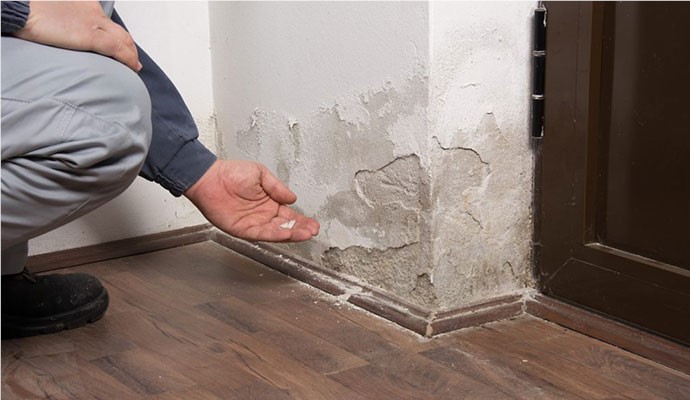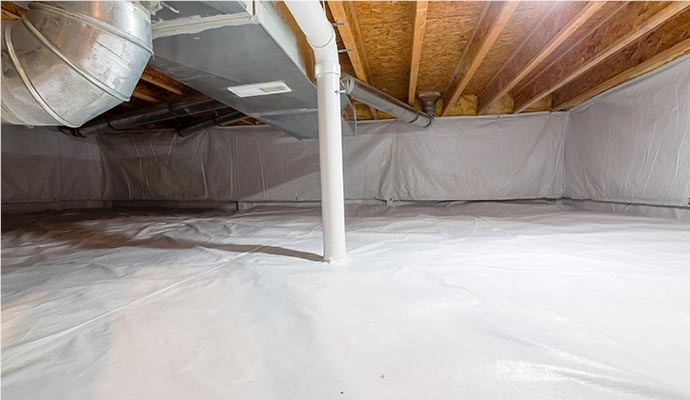
Experiencing water damage in your home or business can be extremely stressful, and most people react by trying to jump to action to clean up the mess immediately. While it’s crucial to begin mitigating the damage as soon as possible, certain mistakes could cause worse damage to your health, the structure, or both. The following are some of the most common mistakes property owners make in the face of unexpected water damage.
Doing it Yourself – The Wrong Way
How many times have you spilled something and said, “no big deal, it’s just water!” And this is completely true for small spills. The problem comes when this attitude attaches itself to larger water damage. Some water damage truly can be cleaned up with a DIY effort, but it’s important to know what you’re looking for so you don’t miss anything. Water is pervasive and can easily cause hidden damage if not properly dried. Drying out and restoring water damage is a far more time-consuming and intensive process than many people realize, which makes it easy to skip steps. Improper drying and cleanup can lead to more damage in the long run because it causes people to wait too long to complete the drying process.
Waiting Too Long
As mentioned, time is of the essence when dealing with water damage. For something that seems to be a small water damage, it can be tempting to try to DIY and put off hiring a professional and calling your insurance company. A little bit of water doesn’t seem like that big of a problem. Unfortunately, even a small amount of water can cause a lot of damage. Water can seep into cracks and crevices where it will remain unseen, soaking into building materials and encouraging mold growth if it continues to go undetected and unmitigated. While the damage may seem small initially, it can quickly snowball into a massive problem.
Taking Short Cuts
The unfortunate fact of water damage restoration is the work done must be exceptionally thorough. There are no viable corners to be cut or shortcuts to take. The appropriate drying equipment must be used and properly monitored, and the amount of time it takes for the water to completely dry is just how long it takes. Properly drying, cleaning, and restoring water damage is an investment in both time and money if the job is done correctly. The consequences of taking shortcuts can be severe – from mold growth to degradation of building materials.
Not Hiring a Professional
Truly, the biggest mistake that can be made when handling a water damage is not involving a professional restoration company. At the very least, a technician or project manager should come out and do readings with a moisture meter to assess the damage for you. Many property owners are surprised to realize the extent of the damage that can’t be seen with the naked eye. Professional water mitigation companies have the equipment and knowledge to properly assess, dry, and restore water damage from any source, and it’s always best to involve an IICRC certified company when you have a water damage. The "small" water damage may be far more serious than you thought, and you may change your mind about filing an insurance claim. If you don't involve a professional in the first 24 hours, the insurance company may decline your claim because you didn't do your due diligence.
Water damage can appear deceptively small even when it’s caused a wide breadth of damage below the surface. Understanding how water can damage your property and avoiding some of the common mistakes mentioned will ensure your property is properly dried out and cleaned up in no time.
Subscribe to Innovative Restorations's Blog






Comments
This blog provides valuable advice on avoiding common mistakes in water damage cleanup . It emphasizes the risks of DIY efforts, underscoring the importance of thorough drying and professional assessment to prevent hidden damage and mold growth. The caution against taking shortcuts highlights the necessity of a meticulous approach. The advice to involve a professional restoration company early on is particularly crucial, as it can ensure proper handling and potentially safeguard insurance claims. It's an essential read for anyone dealing with water damage.